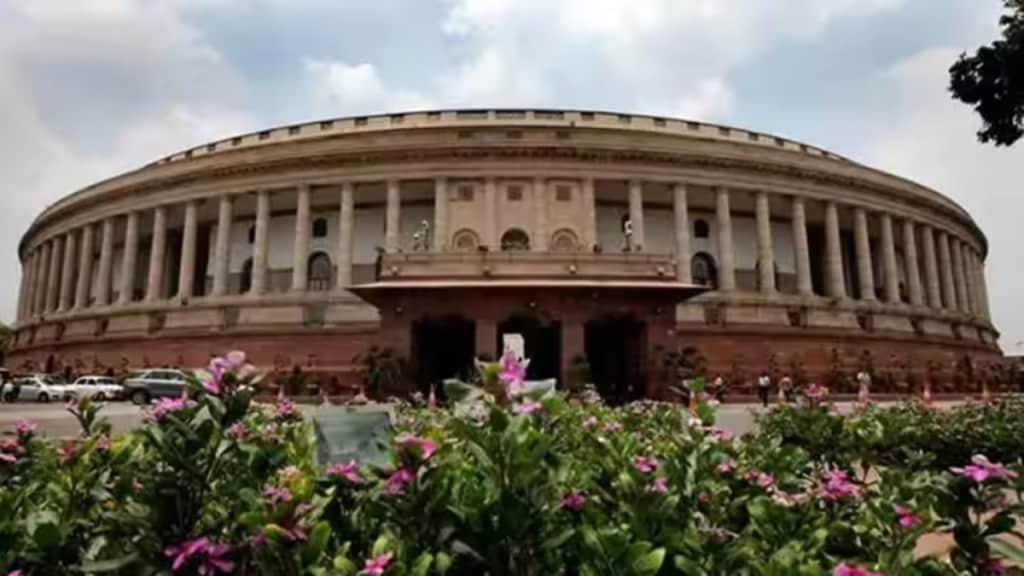The government will introduce the second Jan Vishwas (Amendment of Provisions) Bill in Lok Sabha on Monday to further decriminalise minor offences under different laws and bring about a change in regulations for the ease of doing business and living.
The Bill will be tabled by Commerce and Industry Minister Piyush Goyal.
The Bill that has been in the works for around two years will amend 355 provisions of various Acts 67 of which are targeted at promoting ease of living. It follows Jan Vishwas Bill that was passed in 2023 and amended 42 existing Acts administered by 19 ministries.
Shifting from Imprisonment to Penalties
Within these Acts that deal with different areas of business, 183 provisions have been changed to decriminalise offences that are minor, procedural and technical in nature.
It removed the provision of imprisonment in most offences and replaced them with fines and penalties. It also provided for compounding of offenses in various offences.
The work on the second Jan Vishwas bill began immediately after the first one was approved by Parliament, Inputs for the exercise were called from the ministries and departments, business chambers, industry and other stakeholders. The aim of the exercise is to promote Ease of Doing Business and foster an atmosphere of trust among business and government.
Government Push to Scrap Obsolete Laws
Earlier the officials had said that they would like to work with the states to rationalise, decriminalise and simplify their laws and do their own version of Jan Vishwas.
In his independence day speech on August 15 Prime Minister Narendra Modi has said that:”there are laws in our country, astonishing as it may sound, that provide for imprisonment over trivial matters, and no one ever paid attention to them”.
“I have taken it upon myself to ensure that such unnecessary laws, which place Indian citizens behind bars, are abolished. We had introduced a bill in Parliament earlier; we have brought it again this time,” he has said.
Apart from Jan Vishwas, the government has been regularly scrapping obsolete laws and regulations that are unnecessary in the current context. The government has earlier abolished more than 40,000 unnecessary compliances and revived 1,500 obsolete laws from the books.

